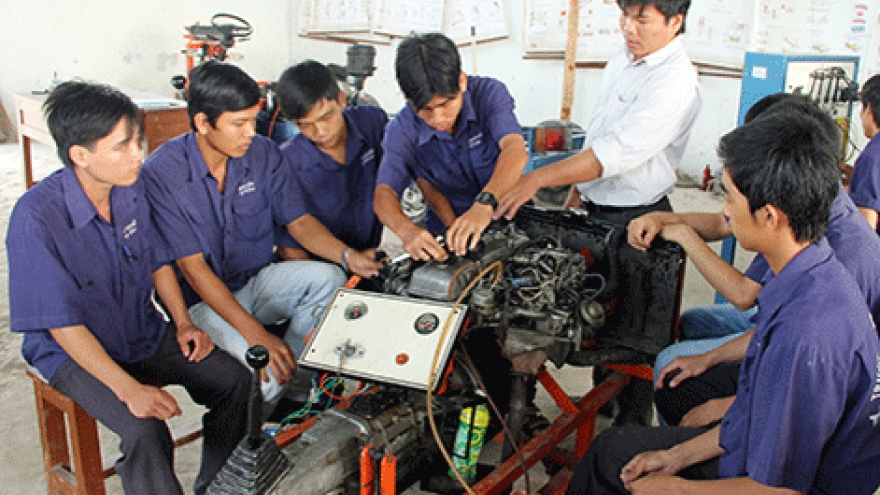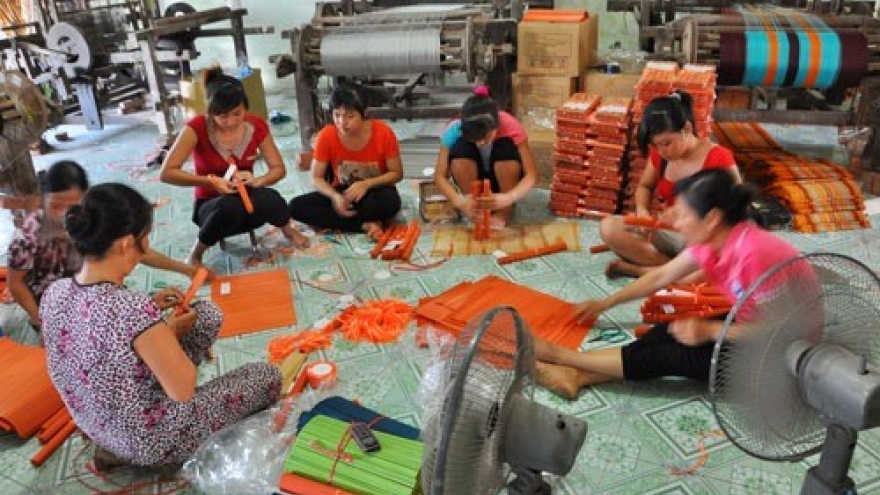Vocational training quality must improve: experts
Vocational training providers should pay more attention to quality to help Vietnamese workers integrate globally and prepare for the fourth industrial revolution, experts have said.
 |
More than 2.55 million students have graduated from them since 2011.
Improving the quality of human resources is vital for the city, and finding proper solutions for training to meet demand is an urgent need, according to Lam.
The city has high demand for quality human resources for its services and industrial sectors and export of labour.
The training available now does not meet the needs of enterprises, the market and global integration, according to other participants.
Many vocational schools offer the same courses. The training facilities are not keeping pace with modern needs.
Assoc Prof Dr Do Van Dung, rector of the HCM City University of Technology and Education, suggested that training methodologies should be changed.
The quality of teachers at vocational training establishments also needed to be improved since good teachers would train good students, he said.
He pointed out the need for practice-based training rather than theory.
Nguyen Thi Ly, rector of Thu Duc College of Technology, said establishing links between vocational training facilities and the labour market is very important and holds the key to the success of training programmes.
According to Tran Anh Tuan, deputy head of the city’s Centre for Forecasting Manpower Needs and Labour Market Information, during the fourth industrial revolution, IT application and foreign languages are imperative in every field, but these are the weaknesses of Vietnamese workers.
Vocational training establishments should therefore focus on these, he said.
Huynh Van Chum, deputy head of the municipal Party Committee’s Information and Education Commission, said the committee would instruct relevant authorities to ensure vocational training establishments can get soft loans and land to build new facilities or expand.
However, their investment should focus on the city’s key industries, he said.



